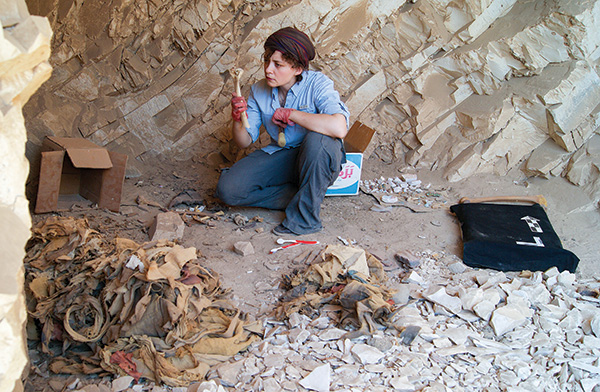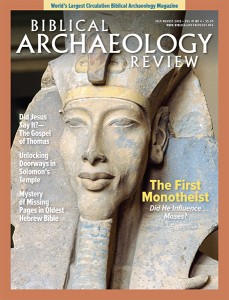
While debates about healthcare continue to rage in the U.S., a discovery at an ancient Egyptian village shows that government healthcare plans are by no means “new.”
Even though many European countries adopted a form of social insurance—which would become national insurance—as early as the 19th century, modern societies are millennia behind Egypt’s New Kingdom. At Deir el-Medina,a a workers’ village near ancient Thebes (modern Luxor, Egypt), evidence of a government healthcare plan has been uncovered from the second millennia B.C.
Papyri and ostraca from the site—dated to the 19th and 20th Dynasties (c. 1300–1080 B.C.)—show many facets of the healthcare system. Ranging from official documents to personal letters, from prescriptions to legal inquiries about the treatment of the ill, these documents demonstrate that the workers at Deir el-Medina, who had the important task of building the pharaohs’ tombs in the Valley of the Kings, were offered a variety of healthcare benefits, including paid sick days and free visits to physicians.
However, even though these services were available, did the ancient Egyptians take advantage of them? Egyptologist Anne Austin of Stanford University believes that the answer to this question lies in the bones of the skilled workers themselves. Dr. Austin, an osteo-archaeologist, is leading a study of the human remains at Deir el-Medina.
Already a library member? Log in here.
Institution user? Log in with your IP address.

